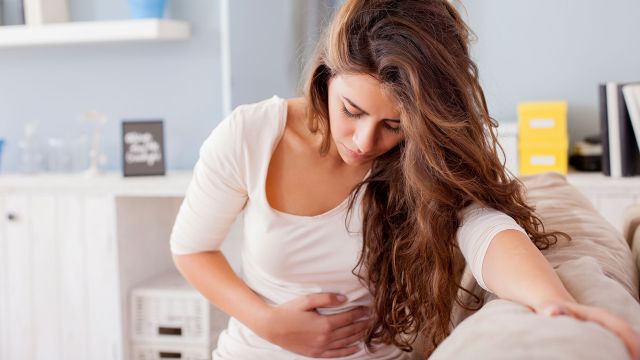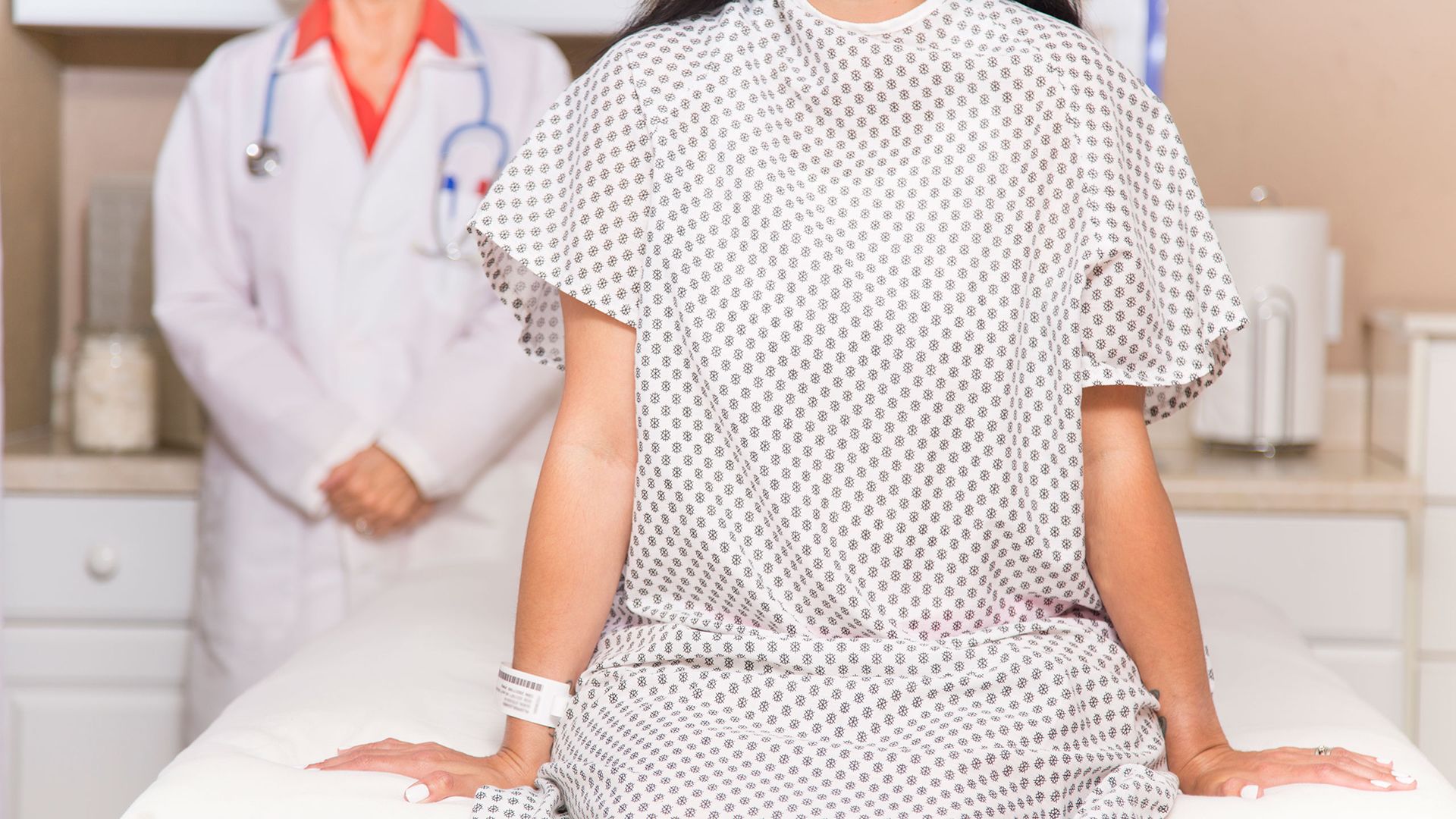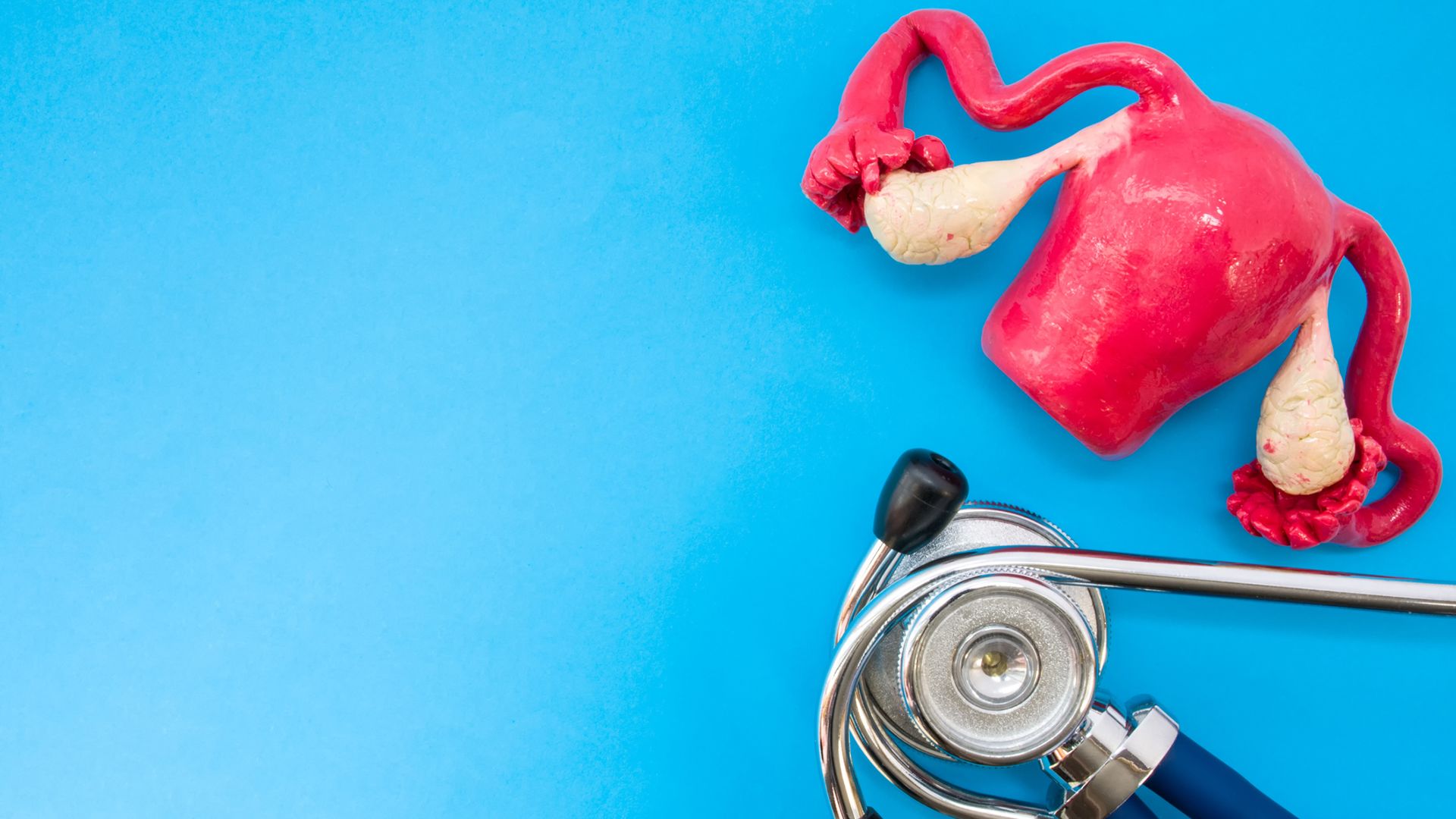Here we go again: the tightening cramps, the aching lower back, the heavy flow. For the next several days, you won’t be able to face the world as your true and radiant self. The pain is excruciatingly real, and you’re thinking this is a normal part of being a woman. But what if it isn’t? An estimated 176 million women worldwide have endometriosis, a condition where tissue similar to the lining of the uterus grows outside the uterus, typically on other organs within the pelvic cavity. Below are five surprisingly painful and heavy truths about endometriosis and why the pain you’re living with may not be so normal after all.
- Severe period pain is not normal. Over 50 percent of women experience pain with periods in their lifetime, but pain that interferes with daily life is not normal. If you find yourself calling in to work, missing school or you just can’t bear to face the world because the pain is so intense, talk with your gynecologist. You may not look forward to your periods, but you shouldn’t have to dread that time of the month.
- Minimal endometriosis doesn’t mean minimal pain. There is no direct correlation between the stage of endometriosis and pain severity. A woman with stage 1 endometriosis may experience agonizing pain while a woman with stage 4 endometriosis may experience little or no pain at all. This shows that regular checkups with your gynecologist are so important. Some women with advanced stages of the disorder don’t even know they have it.
- Pain may affect other body functions or activities. While endometriosis-related pain is more common and intense right before and during periods, it may occur at any time and affect other organs like the colon or bladder. If you experience pain or discomfort with bowel movements, urination or during/after sex, talk with your gynecologist. You shouldn’t have to suffer in pain from going to the bathroom or during intimate moments with your partner.
- Heavy periods could be signs of endometriosis. Up to 14 percent of women deal with heavy periods and 50 percent of them have an underlying condition causing the heavy flow. We tend to rationalize that this is "a normal part of being a woman" and "it’s totally normal to have heavy periods," but your body is trying to tell you something and you may not be listening.
- Endometriosis is heavy all around. Endometriosis affects everything in your life—relationships, work and, above all, you. Whether intermittent or chronic, symptoms such as fatigue, bloating, nausea and pain have a way of knocking you down. Women with endometriosis are more likely to suffer from depression and anxiety than women without the disease. If we’re constantly missing work, canceling on social events and can’t enjoy sex with our partners, it’s no wonder why endometriosis is heavy on both the body and the mind.
Endometriosis does not have to rule your life. Whether you’ve already been diagnosed with endometriosis or are searching for answers, just know that you are not alone. You have a strong and supportive community of women right alongside you. The more we know about endometriosis, the better we can treat and manage it. If you have any questions or concerns about endometriosis, talk with your gynecologist.





